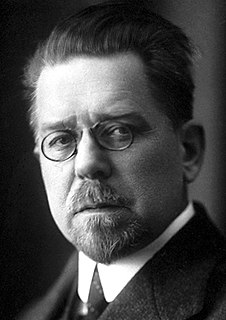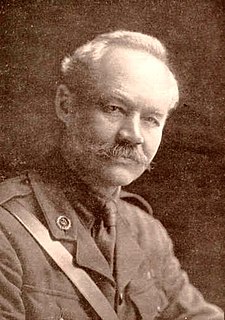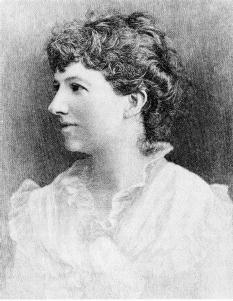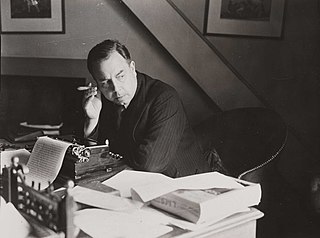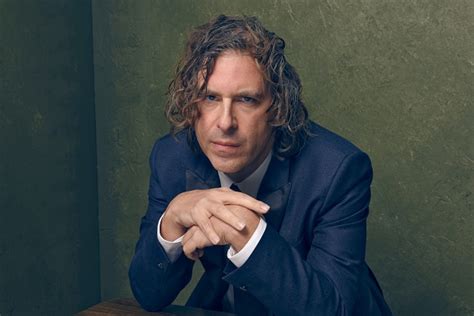A Quote by Wladyslaw Stanislaw Reymont
It is only our exactions of life that are terrible. It is only our impossible conceptions of beauty and good and justice that are terrible--because they never are realized, and at the same time they prevent us taking life as it is. That is the real source of all our sorrow and suffering.
Related Quotes
No one can write their real religious life with pen or pencil. It is written only in actions, and its seal is our character, not our orthodoxy. Whether we, our neighbor, or God is the judge, absolutely the only value of our religious life to ourselves or to anyone is what it fits us for and enables us to do.
Justice is not Healing. Healing cometh only by suffering and patience, and maketh no demand, not even for Justice. Justice worketh only within the bonds of things as they are... and therefore though Justice is itself good and desireth no further evil, it can but perpetuate the evil that was, and doth not prevent it from the bearing of fruit in sorrow.
It is abundantly evident that, however natural it may be for us to feel sorrow at the death of our relatives, that sorrow is an error and an evil, and we ought to overcome it. There is no need to sorrow for them, for they have passed into a far wider and happier life. If we sorrow for our own fancied separation from them, we are in the first place weeping over an illusion, for in truth they are not separated from us; and secondly, we are acting selfishly, because we are thinking more of our own apparent loss than of their great and real gain.
I have felt the pain that arises from a recognition of beauty, pain we hold when we remember what we are connected to and the delicacy of our relations. It is this tenderness born out of a connection to place that fuels my writing. Writing becomes an act of compassion toward life, the life we so often refuse to see because if we look too closely or feel too deeply, there may be no end to our suffering. But words empower us, move us beyond our suffering, and set us free. This is the sorcery of literature. We are healed by our stories.
Each of us will taste the bitter ashes of life, from sin and neglect to sorrow and disappointment. But the atonement of Christ can lift us up in beauty from our ashes on the wings of a sure promise of immortality and eternal life. He will thus lift us up, not only at the end of life, but in each day of our lives.
But the point is, now, at this moment, or any moment, we're only cross-sections of our real selves. What we really are is the whole stretch of ourselves, all our time, and when we come to the end of this life, all those selves, all our time, will be us - the real you, the real me. And then perhaps we'll find ourselves in another time, which is only another kind of dream.
Romantic love is blind to everything except what is lovable and lovely, but Christ's love sees us with terrible clarity and sees us whole. Christ's love so wishes our joy that it is ruthless against everything in us that diminishes our joy. The worst sentence Love can pass is that we behold the suffering which Love has endured for our sake, and that is also our acquittal. The justice and mercy of the judge are ultimately one.
We look at the African-American community, for a long time those of us who be considered strong - black men - for whatever reason, haven't done a good job of taking care of the weak. And we were doing things that render taking care of our youth and taking care of our women and our families impossible, when our lives are taken.
To exist in this vast universe for a speck of time is the great gift of life. Our tiny sliver of time is our gift of life. It is our only life. The universe will go on, indifferent to our brief existence, but while we are here we touch not just part of that vastness, but also the lives around us. Life is the gift each of us has been given. Each life is our own and no one else's. It is precious beyond all counting. It is the greatest value we can have. Cherish it for what it truly is..... Your life is yours alone. Rise up and live it.
